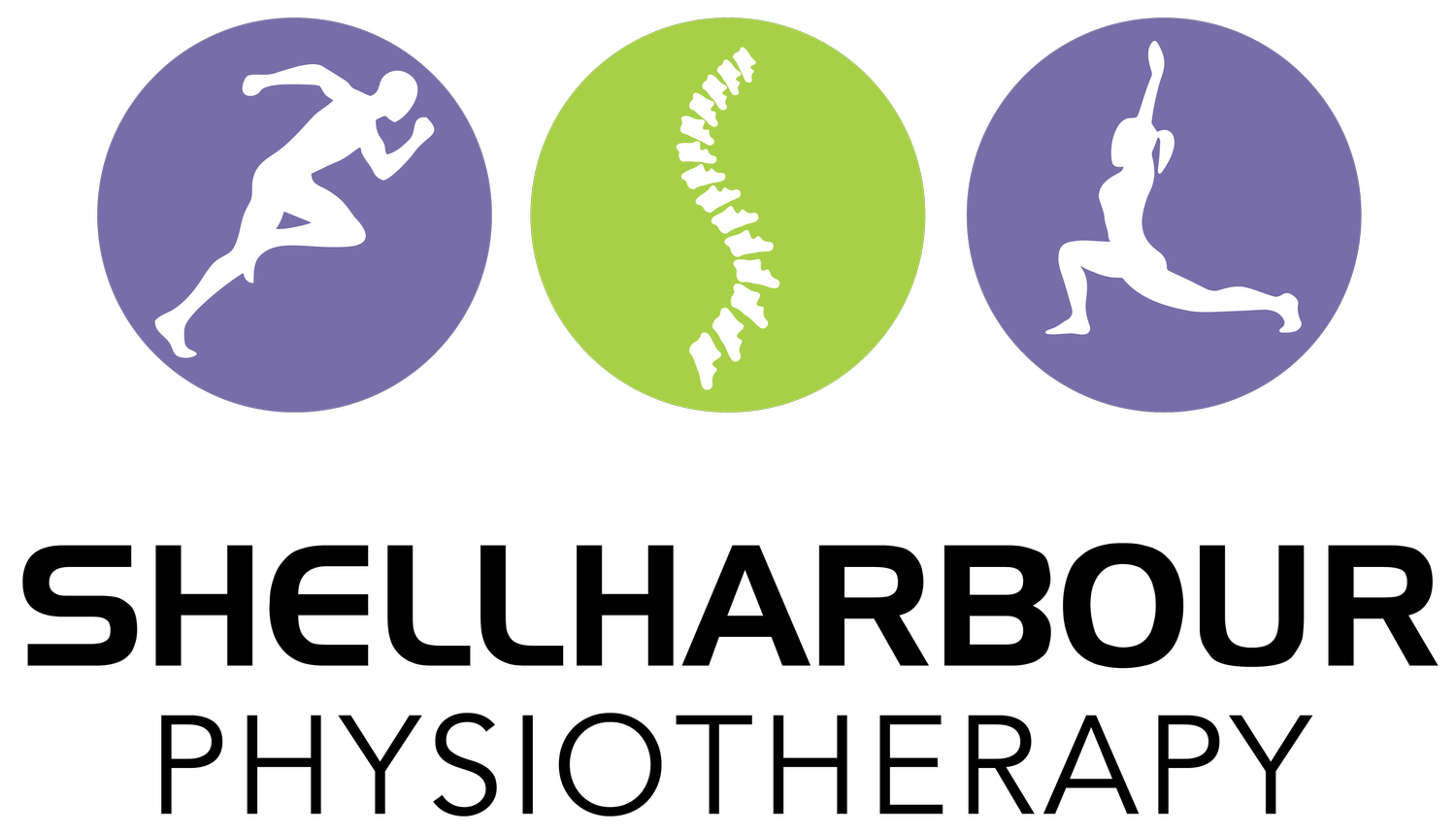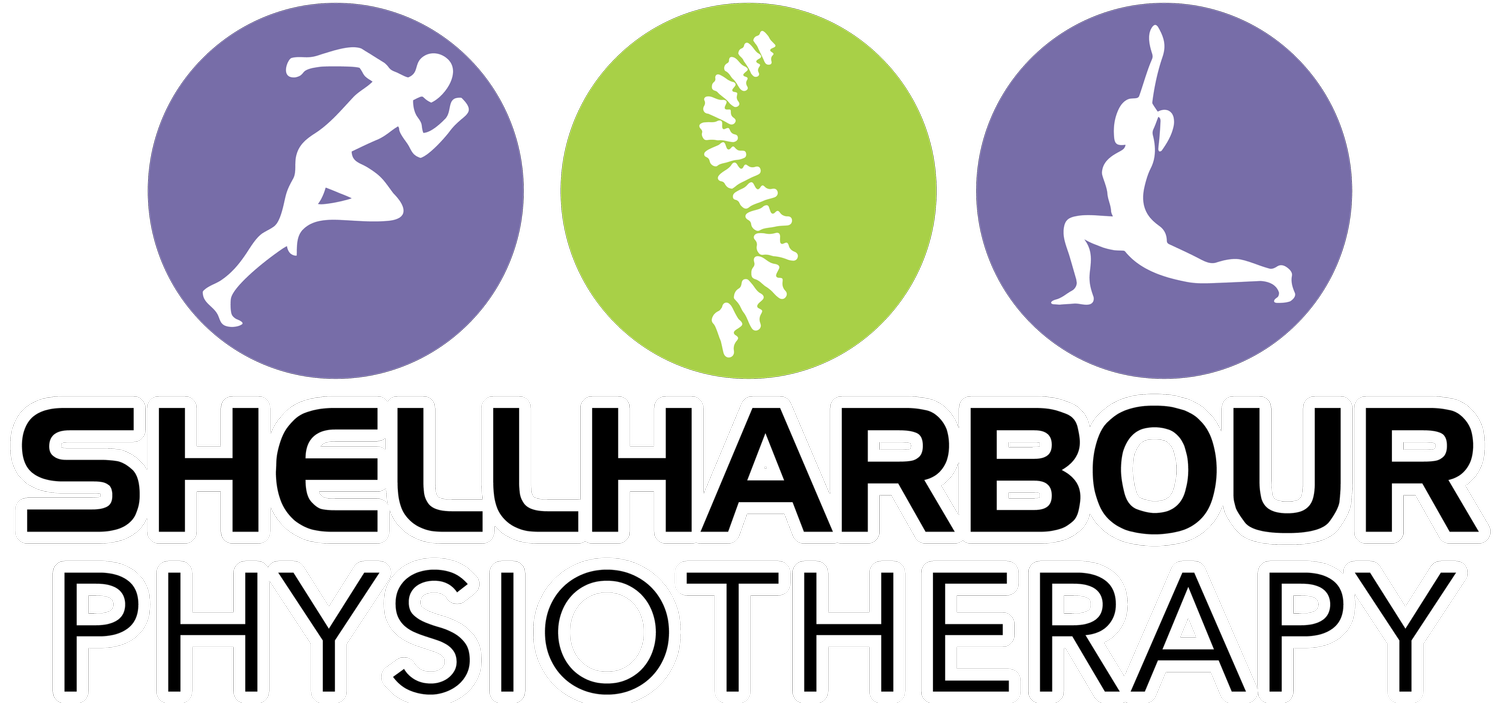NEW YEAR’S RESOLUTION SOLUTIONS
Every year January rolls around and with it comes the infamous and expected influx of resolution injuries.
What is a resolution injury you ask? It originates from the many hundreds of thousands of people who wake up on the first of January with any of these thoughts:
“This year I’m getting fit”
“This year I’m going to complete a marathon”
“This year I’m going to finally lose those last pesky 5kg”
That’s right, I’m talking about the sport injuries, aches and pains that come with New Year’s Resolutions – particularly those with the aim to help our health.
Unfortunately, the reality is if we haven’t exercised in a while and then hit the pavement or the gym for a few weeks of intense exercise the likelihood of injury is greater and our motivation continues to lessens.
So how do we avoid this and stick to our resolution? The answer is simple: gradual return!
What is Gradual Return?
Gradual return is a term some will be familiar with as it’s commonly associated with injured athletes returning to sport. However, it is also the perfect term to describe a graded and slow return to activity after a prolonged absence.
Benefits
Slowly rebuilding your tolerance to exercise helps prevent injuries and continue motivation in a few ways:
Your muscles are given the opportunity to slowly adjust to activity.
This allows them to slowly build strength, endurance and flexibility and adapt to your new activity levels without getting stiff, sore and unhappy.Your tendons (the ropey bit between your muscle and bone) can adjust gradually to an increased load and therefore keeps them happy and pain-free (i.e., keeps them free of tendinopathy, tendinitis, tenosynovitis).
Your cardio fitness slowly improves which keeps the motivation flowing!
(You never feel like running again after your heart feels like it’s trying to leave your chest!)It helps build routine. This is SUPER important in creating a sustainable and achievable exercise routine through your week. It’s very easy to walk/run/gym for an hour every day when you’re on holidays but it’s substantially harder to do so when you get back home, back on the school run and back to your 9-5 (or 8-6 or shift work or whatever funky hours you do).
new years resolution solutions
1. Set some S.M.A.R.T goals
I’m not talking clever goals; I’m talking Specific, Measurable, Achievable, Relevant and Timely (aka SMART, see what they did there?).
This is common enough through professions like education, healthcare, business and construction, however, is extremely applicable to our fitness goals too.
For example, if you wanted to run in some sort of fun run by the end of next year your goal would look like: “to run 5km in a fun run before 31st of December 2023”.
It ticks all the criteria and allows you to break it down into easily achievable steps: “be able to run 1km by end of February without rest”, “be able to run 3km by end of May”, and so on.
Exercise Physiologist Eliza Price
Exercise Physiologist Eliza Price at Hydrotherapy
2. Choose exercise that will fit in with your life
It’s very easy to get sucked into the fitness influencers you see on social media platforms who promote ‘wholistic lifestyle’.
It is significantly more difficult to follow in their footsteps when you have a full-time job, kids at home, laundry to finish and are yet to find a spare 2 hours to spend in the gym.
Finding exercise you can fit into the chaos of daily life is therefore extremely important.
Long term commitment to something that doesn’t disrupt the entirety of your routine is going to be much more successful than carving out large chunks and hoping to squeeze in the rest of your day.
With that in mind, how do you make it happen?
Can you park your car a couple of km from the school/work in the morning and walk from there?
The kids get a bit of energy out and you can get a 30 min walk in 5 x week?Is there 30 minutes between school drop off, nap times or meetings where I can do a quick bodyweight strength workout?
Is there a gym near work where I can go in my lunch break?
Can I take my kids to swimming lessons and do a couple of laps while they’re in the pool?
You get the idea – it’s all about stealing the few minutes you have for yourself to work on yourself!
South Coast United Soccer player Jason Bleakley
Physiotherapist Claire Hepperlin
3. Find something you enjoy
I am a strong believer in any exercise is better than no exercise and there is some form of exercise out there for everyone!
Whether it’s a walking coffee catchup, mums and bubs Pilates, coaching the kids soccer or training for a triathlon, everyone has something out there that they enjoy.
4. If it’s all too confusing, find someone to help!
Our Physiotherapists ↗ and Exercise Physiologists ↗ at Shellharbour Physiotherapy are the perfect people to get you on the right track.
Our Physiotherapists are ready to help with any aches and pains, managing present and past injuries and helping you to grow stronger to prevent future ones.
Our Exercise Physiologists are ready to be next to you through every step of your fitness journey, whether your goal is to lift 200kg, get a 6 pack, run a marathon, or more likely to just feel better!





